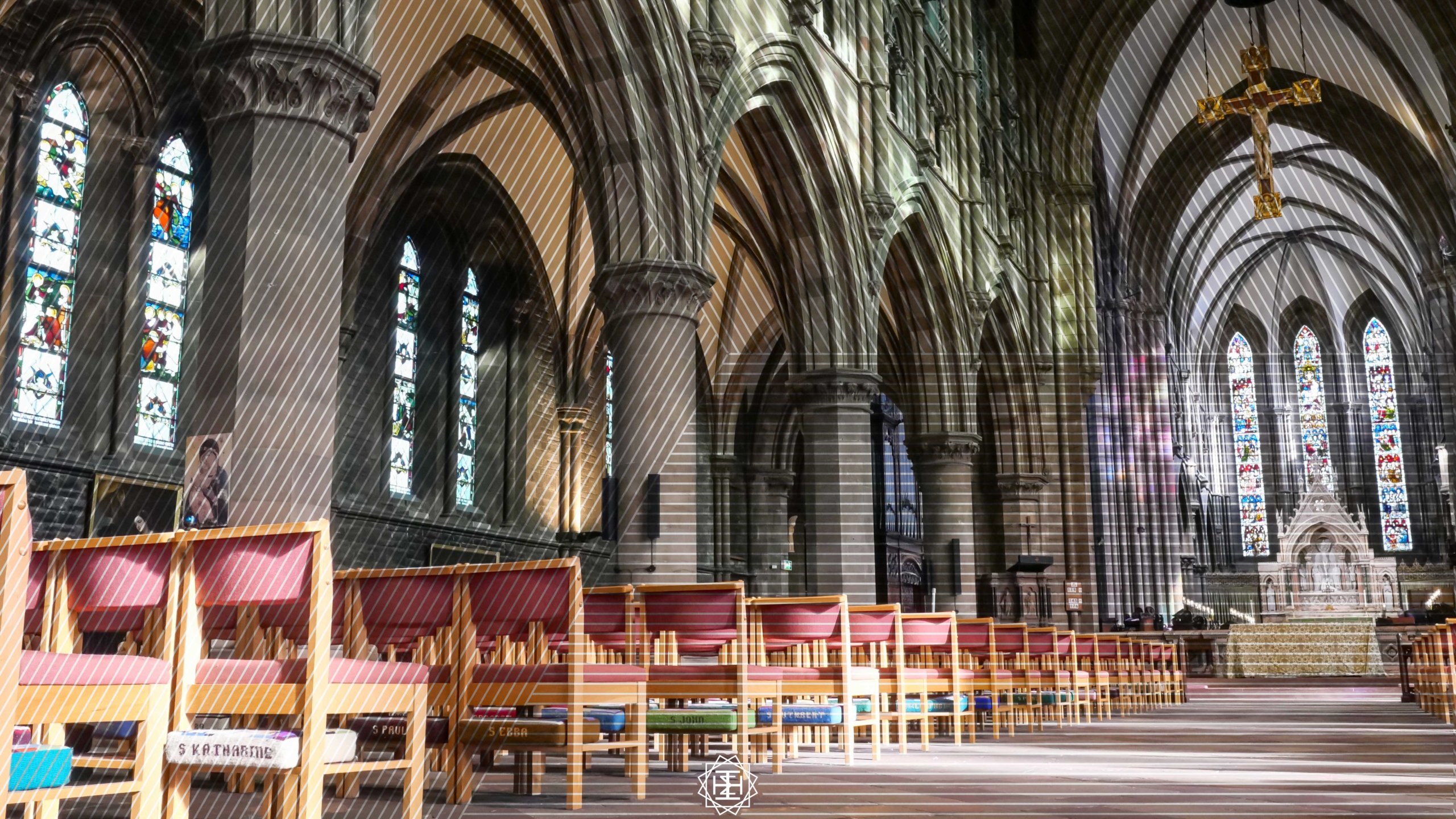The Work it Takes to Keep the Lord’s Day Holy
This is a meditation on chapter 21 from our Way of Life.
Remember and Keep the Lord’s Day Holy.
It is not a surprise to me that in our overworked world, many in the church are drawn to the Sabbath. I also need and long for rest that restores my body and soul. I believe that Holy rest is real. That longing for rest brings me and many Christians to look for rest within the Scriptures. There we find the Sabbath. A day that God commanded us to not work. For a long time, I understood that Sunday, the Sabbath, and the Lord’s Day were the same thing. Yet, the Sabbath was a command to not work while the Lord’s Day is a journey back to the resurrection and my work of holiness.
Each and every Sunday, we return to the resurrection of our Christ on that first Easter morning. Christian celebration left behind the practice of Sabbath in the early Church and began meeting together on Sunday morning. For a long time, I felt a disconnect between the work reverence takes, and the command to not work on the Sabbath. My internal dissidence did not seem to be shared by many around me. Often I heard people laud one another for the ways they rested, which often focused on the ways they consumed entertainment. While I deeply enjoy being entertained, to me, it feels distinctly different from a holy and sacred remembrance of the resurrection.
Within the resurrection I can grieve and celebrate. In that empty tomb, I can marvel at the presence of an eternal hope that overwhelms me with joy. I need to see the tomb of Jesus remains empty. I need to feel the despair of Mary Magdalene’s early morning walk to the tomb, and the exhilaration as she ran back to the others. I need to embody the cross and the resurrection. The Cross is the love of Jesus, and the resurrection is the unraveling of sin and death.
It is work to remember all that is wrapped up within Sunday morning. It is work to carry my cross along the way of Jesus. It is work to pray. As a monastic, it is my most important work. I devote myself to pray for the salvation of all creation. It is work because it matters. My prayers are not a hobby. I am not a spectator in my reverence to God. No one else can love God for me. No one else can ascend Christ to the throne of my heart. Jesus was born, baptized, proclaimed His Kingdom, and was crucified. There, underneath the Cross everything had fallen apart, except that the dawn of Sunday was coming.
And so my Sundays are days of work. There is no greater joy than to put in the effort to enjoy the presence of our God on Sundays. As a minister, there is nothing I would rather do than invite and lead others back to the Cross and our Resurrected Lord. Every one of our lives is a journey that takes work. Every great love takes work. Loving my God and pursuing His presence takes work. There may be times I get a Sabbath break from work, but on Sundays I want to do the work of remembering and keeping His day holy. The journey of every week returns me to God’s love, grace, and mercy that are mine forever. They are always there waiting for me to show up, accept them as the gift they are, and do the work of unwrapping and enjoying what has been given.
For more history of the western Churches practice of Sunday going back to the early church I recommend the book ‘A Brief History of Sundays’ by the historian Justo L. González (Published in 2017).
Photo Credit
Paul Prins on 27 February 2025 at St Mary’s Cathedral in Edinburgh.


